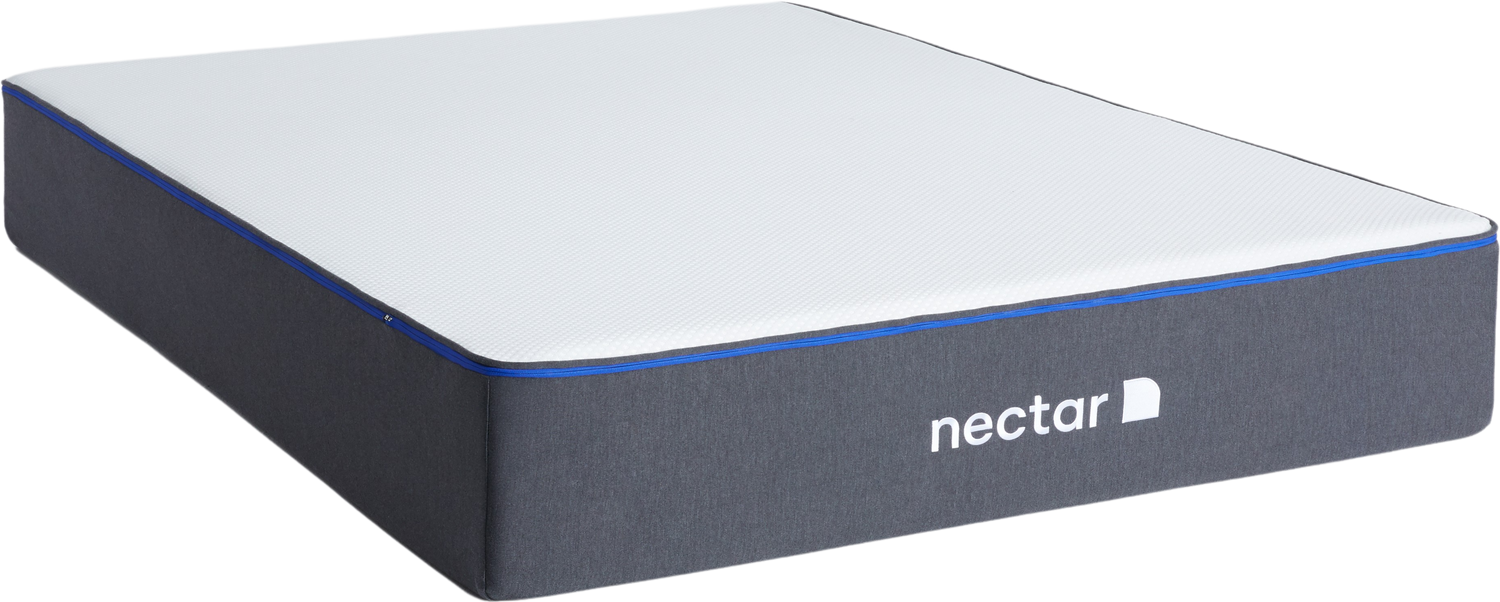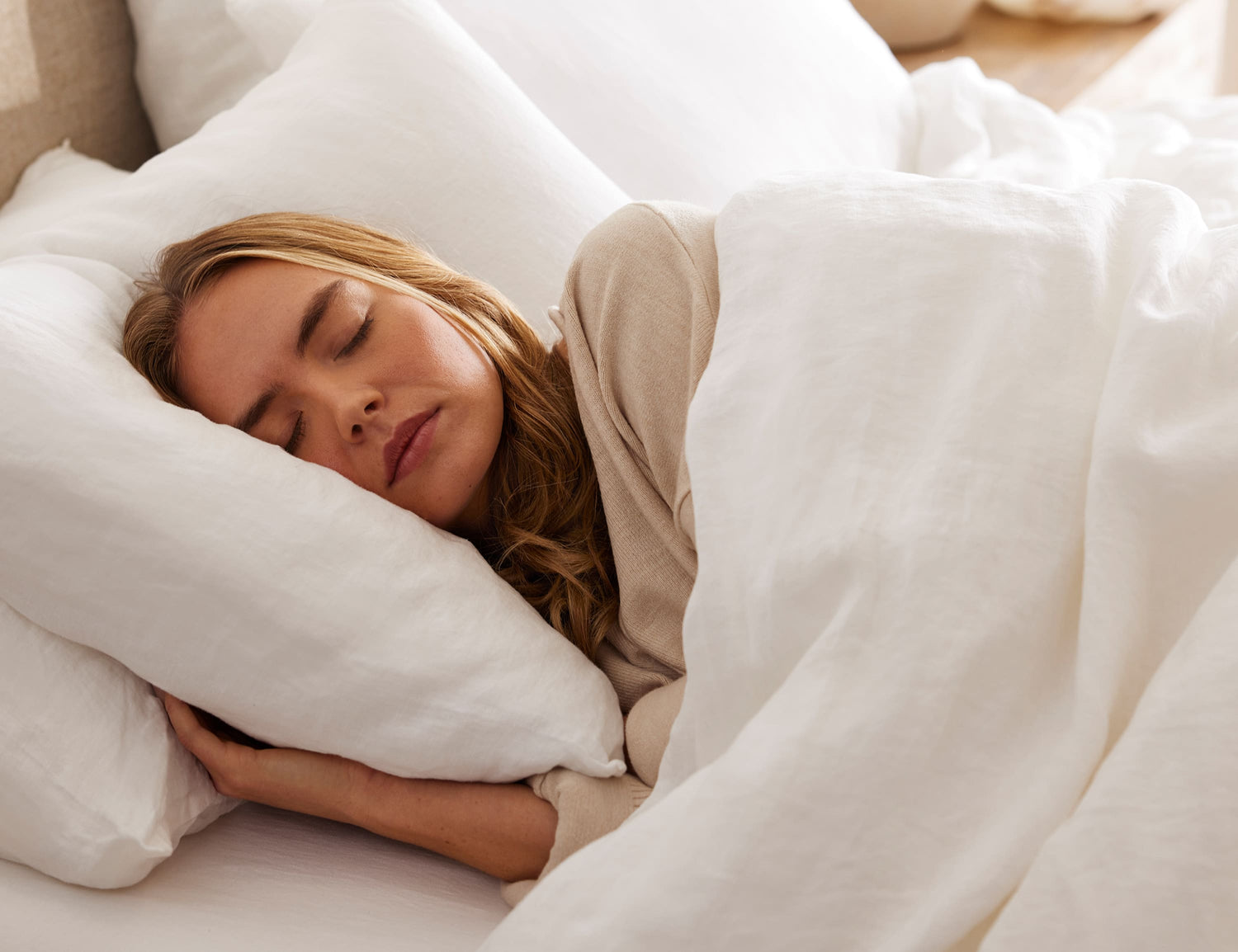First Off… What Is Sleep Hygiene?
Okay, so sleep hygiene is basically a fancy term for the stuff you do before bed that either sets you up for glorious, restorative sleep – or keeps you tossing and turning like a rotisserie chicken.
Think of it like your pre-bed ritual. Are you doom-scrolling TikTok until your eyes burn? That’s poor sleep hygiene. Are you dimming the lights, sipping chamomile tea, and winding down with a book? That’s more like it.
And why should you care? Because your nightly habits have a massive impact on the quality of your sleep. And good sleep isn’t a luxury – it’s essential.

Why Sleep Is Kind of a Big Deal
We all know sleep is important… but do we really know why?
Turns out, while you’re off in dreamland, your body’s doing all sorts of behind-the-scenes magic:
-
Repairing muscles
-
Refreshing brain cells
-
Balancing hormones
-
Processing emotions (hello weird dreams)
Plus, here are some bonus benefits of getting quality sleep:
🛏️ Weight management – When you’re sleep-deprived, your body craves energy from food instead. That’s when the 10pm biscuit tin raid kicks in.
🛏️ Better concentration & productivity – No more rereading the same email five times or forgetting why you walked into the kitchen.
🛏️ Lower risk of heart disease & stroke – Because your body has time to rest, repair and function as it should.

How to Build Better Sleep Hygiene (Without Becoming a Monk)
Here’s the fun bit – the how-to guide. Some of this might sound familiar, but sometimes we all need a gentle nudge (or a sleep-deprived slap in the face) to actually do the things we already know.
1. Stick to a Sleep Schedule
Yes, even on weekends. Your body loves routine more than a toddler with a Peppa Pig obsession. Try going to bed and waking up at the same time each day. After a while, your body clock will start working with you, not against you.
2. Create a Wind-Down Routine
Turn your evenings into a sleep-friendly zone. Ditch the bright lights, avoid anything too stimulating, and do something calming: a warm bath, reading, a podcast that doesn’t involve true crime. Think low and slow.
3. Limit Naps
That sneaky afternoon nap can feel like heaven – until it’s 3am and you’re staring at the ceiling, wide awake. If you must nap, keep it short and sweet (20 mins tops).
4. Sort Out Your Bedroom
Your bedroom should feel like a sanctuary, not your home office, gym, and Netflix cinema rolled into one. Here’s how to help your brain associate your bed with sleep:
-
No work
-
No scrolling
-
No snacking
-
No stress
Invest in a mattress that makes you go “ahhhh” when you lie down. If yours feels like a lumpy trampoline or an old sponge, it’s time for an upgrade.
5. Watch the Caffeine
It’s not just about coffee. Tea, fizzy drinks, energy drinks, and even dark chocolate can keep you wired. Try to avoid caffeine after 2pm. Your future sleepy self will thank you.
6. Don’t Be a Clock-Watcher
Lying there obsessively checking the time? “If I fall asleep now, I’ll get five hours. If I fall asleep now, four and a half…” It’s a fast track to stress city. Turn the clock away from you – or even better, banish it from your room.
7. Exercise… But Not Right Before Bed
Movement helps your body wind down – but doing an intense workout at 9pm? Not so much. Try to get your workouts done earlier in the day or at least three hours before bedtime.
8. Keep Your Dinner Light
Greasy, spicy, or heavy meals too close to bedtime can mess with digestion and your sleep. Stick to something lighter if you’re eating late – think soup, lean protein, or a banana if you’re snacky.
9. Switch Off Your Gadgets
We all know blue light isn’t great before bed – but actually turning off our phones? That’s the hard part. Try leaving your phone in another room (wild, I know) or switch it to ‘Do Not Disturb’ and hide it in a drawer. Out of sight, out of overstimulated mind.
10. Block Out the Noise (Literally)
Loud neighbours? Barking dogs? Cars zooming by? Try white noise machines, earplugs, or a sound app with soothing waves. Whatever keeps your stress levels low and the vibes sleepy.
11. Try a Little Meditation or Light Stretching
Even a few deep breaths or a quick bedtime yoga flow can help signal your body that it’s time to relax. There are tons of great apps if you want someone to guide you through it.
12. Cognitive Behavioural Therapy (CBT) for Sleep
If you’ve tried everything and still feel like a zombie, CBT can be a real game changer. It helps you identify thoughts and behaviours that are messing with your sleep and teaches you how to change them. Speak to a sleep specialist if you think this might be for you.
13. Install Soft Night Lights
Need a wee in the middle of the night? Flicking on your overhead light is like waking your brain up with a foghorn. Instead, try low night lights to guide your way without shocking your system.
Let’s Wrap It Up…
Good sleep isn’t about luck. It’s about setting yourself up for it with small, consistent habits that work for you.
Start with one or two tips, see what sticks, and build from there. You don’t need to overhaul your life overnight – just give your future, well-rested self a fighting chance.




